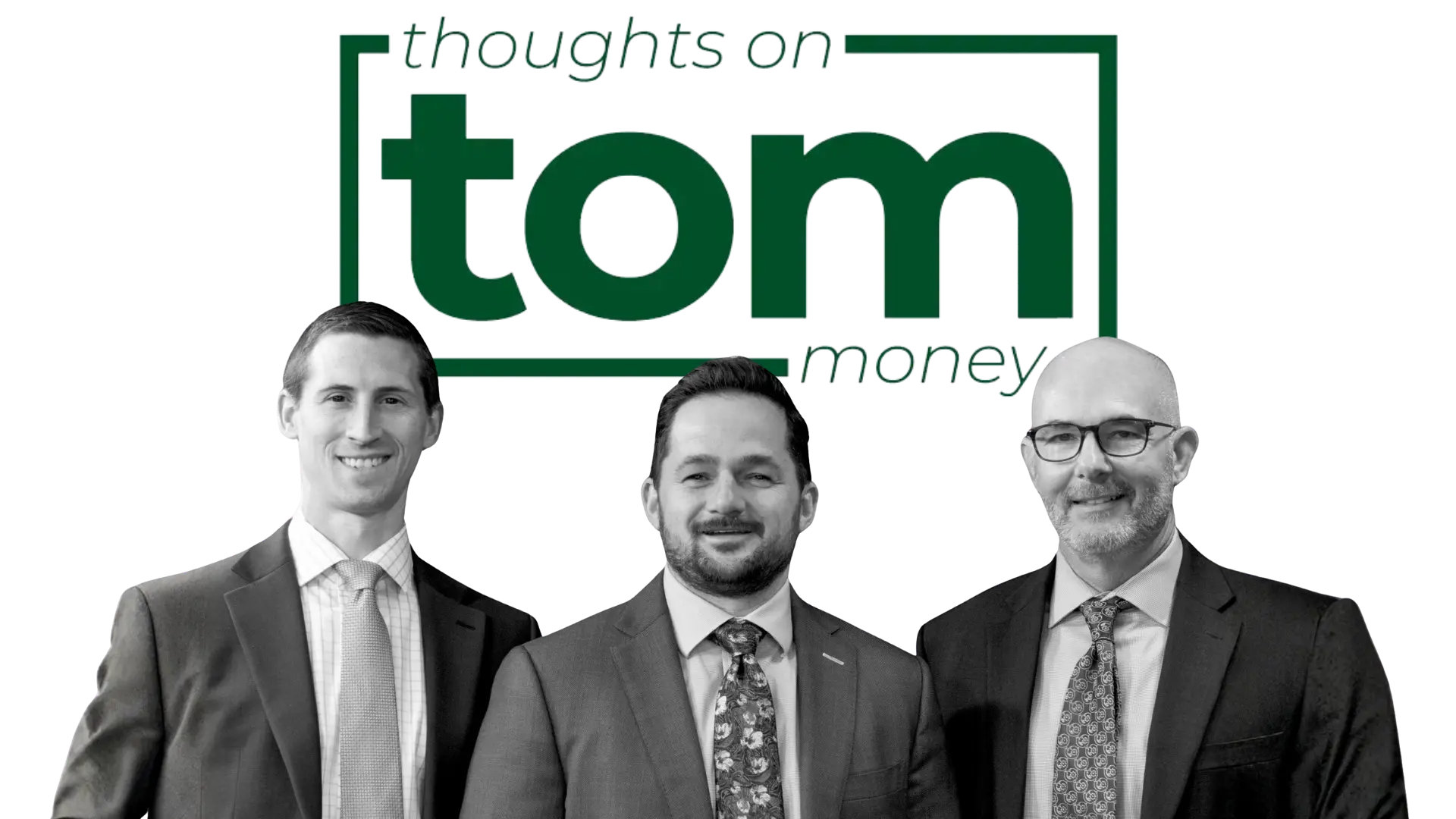As we approach the New Year many of us will begin to think about the resolutions that we want to make for 2020. We know from experience that these resolutions are often short-lived, and we realize that making a commitment to something like a new diet may not be realistic or sustainable.
Amongst these common resolutions are often financial goals like saving more or sticking to a budget. Today on TOM I want to talk about some practical ways that you can achieve these resolutions without putting too much strain on yourself.
Budgeting is just another word for planning
Budgets are difficult to implement and even more difficult to stick to. Let’s take a look at what most people do. The classical approach would be to define a handful of categories (housing, food, clothing, gas, utilities, etc.) and then begin assigning spending targets to each category. Next, someone might begin to itemize each of their expenses based on these defined categories and try their best not to overshoot each of the individual budget items.
Here’s what I typically see happen next, someone realizes that they are not staying within their “food” budget, so they resolve to give up their morning coffee visit to Starbucks. Perhaps they overspend in “entertainment,” so they begin to contemplate life without their favorite TV show and make the sacrifice of giving up their Netflix subscription. I know these things may seem silly, but these are the habits and routines that we become accustomed to and giving them up does feel like a sacrifice. Here’s the problem, eliminating these expenses are typically not impactful, they don’t move the needle on your budget. You end up enduring the pain associated with these lifestyle adjustments and they don’t make much of a difference on the bottom line. So, you give up, go back to your old routine, and consider the whole budgeting process useless.
The Long and Short of it All
I am here to tell you it’s ok to watch your favorite shows and maybe even have more than one television subscription service. I am here to advise you to stop fighting with your spouse trying to convince them to reduce their coffee intake. You are focusing on the wrong stuff.
So, if these items are marginal, then where should we focus our attention? Let’s go back to this idea of establishing budget categories. This isn’t a bad idea, setting up the categories and itemizing your expenses will give you a great awareness of where you are spending your money and how much in total that you are spending each month. What you will find is that some of these categories will fluctuate month to month and others will stay constant. What you spend on food will most likely vary, while your mortgage or your rent will most likely be the same each month. You’ll also find that many of the budgeting tools out there won’t capture some of the items that are being deducted from your paycheck before the net amount hits your bank account – things like medical expenses or taxes.
Start Big, End Small
You should start by focusing your attention on your largest expenses. The math behind it is simple, if you are able to reduce a large expense by 10% it will be more impactful than reducing a small expense by 10%. Many people don’t dedicate much thought to their fixed expenses or those being deducted from their paycheck, even though these are sometimes their largest expenses. It is natural to look at your food budget or clothing budget and try to nitpick the particulars because you overshot your target, but again I ask, will this make a big difference?
For many of us, our three biggest expenses will be our mortgage/rent, taxes, and medical. Let’s take a moment to focus in on each of these categories and brainstorm how you might be able to reduce these large expense items. Maybe your three largest expenses are different, that’s ok, just apply this same exercise to troubleshoot through your own situation. Just a reminder, much of what we discuss here on TOM is teaching you how to think and how to go about making sound financial decisions. Even if the specifics don’t apply, the principals do.
I Was Told There Would Be No Math
When it comes to housing there are lots of different ways you could potentially save on your monthly expense. For my family, we formerly were renters but then realized the cost of a mortgage and buying a home would actually reduce our monthly expenses, so we made the change. I’ve come across many situations in which someone is planning out early retirement and just needs to reduce their expenses a bit to make everything pencil and refinancing their mortgage to a longer-term did exactly that. Some folks have a large house and they are now empty-nesters, so renting a room out or even downsizing are options for creating some budgetary relief. Maybe you are a renter and want to avoid a surprise increase in rent, so you sign a longer-term lease. In 2019 mortgage rates came down substantially, creating an opportunity for many folks to refinance their rate and save on their monthly mortgage. Again, this is just a brainstorming activity because we all have our own unique circumstances, but as you can see there are countless different ways to potentially save on this expense.
We should approach our taxes with this same inquisitive attitude. Many of us will need to raise our basic tax acumen to understand how our taxes are calculated and then we should resource our tax professional to help identify opportunities to reduce the tax bill. TOM recently published ‘Tis The Season To Be Tax Planning which highlighted a handful of these strategies that might apply. I will say that taxes are probably the most overlooked budget item, but some basic planning would lead to the most significant saving.
Perhaps your medical expenses may yield fewer opportunities to move the needle, but I am sure you can still find some impactful saving here too. When open enrollment at your employer comes around, you should take the time to compare the plans and make sure what you are paying for matches your needs. You may also be able to resource benefits like Flexible Spending Accounts or Health Savings Accounts to save a buck as well. It all starts with that simple question, “what are my other options?”
As Easy as One, Two, Three
Like I said, maybe the “top three” I referenced here do not apply to your situation. So, what are your personal top three expenses? Have you ever jumped in to look for opportunities to reduce these expenses? You should. If you did this in 2020 and you found three, four, or five opportunities, then perhaps this savings could fund a much-needed vacation or maybe provide some extra money to fund an early retirement. Remember, you want to look for opportunities to move the needle on your expenses and you want to avoid bickering with your spouse about silly expenses that just don’t make much of a difference. Finding these types of savings opportunities are also typically more sustainable than trying to give something up, so the benefits continue to compound over the long run.
I hope today’s conversation was helpful and it provided you a different perspective on budgeting and looking for opportunities to save more. A penny saved is a penny earned, right? As always, please do reach out to me at with any questions or comments.
Until next time…






